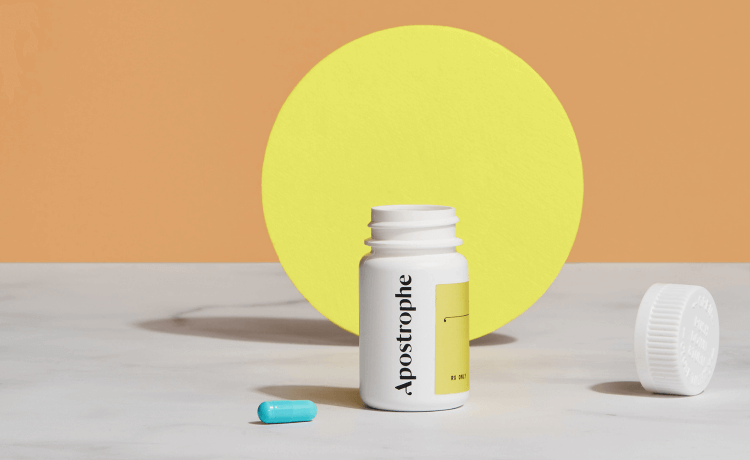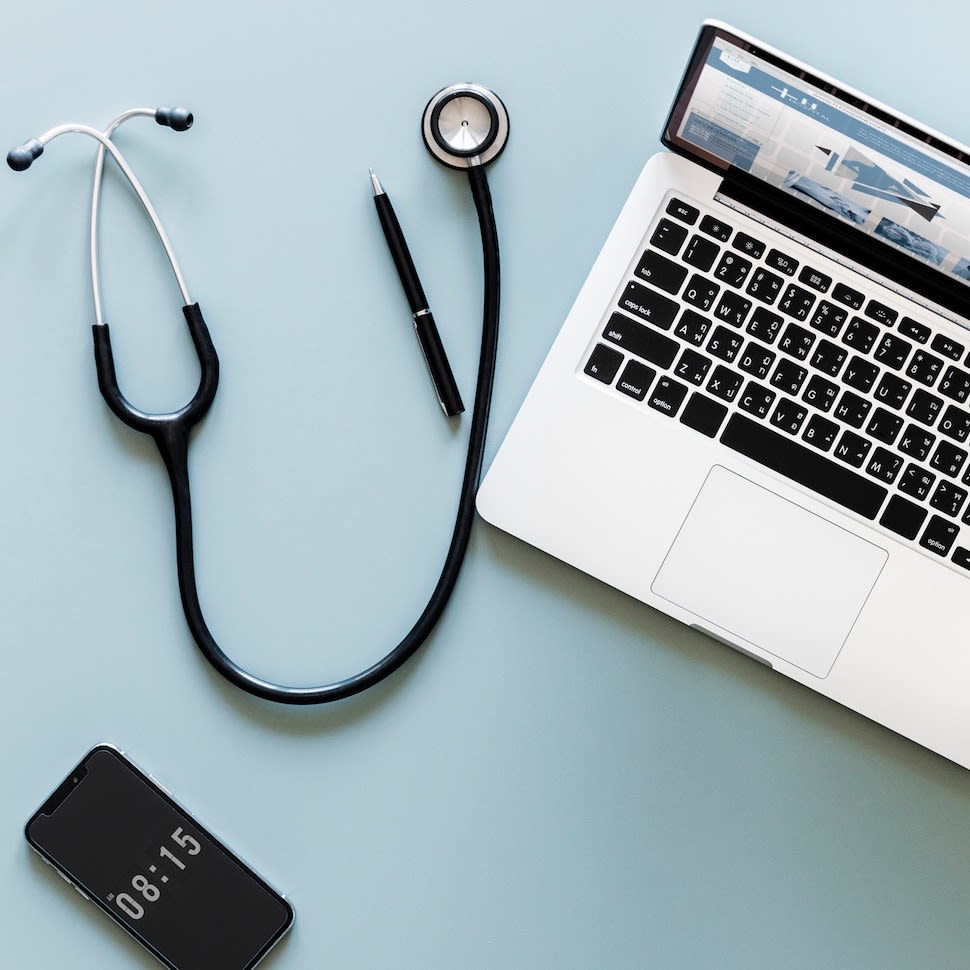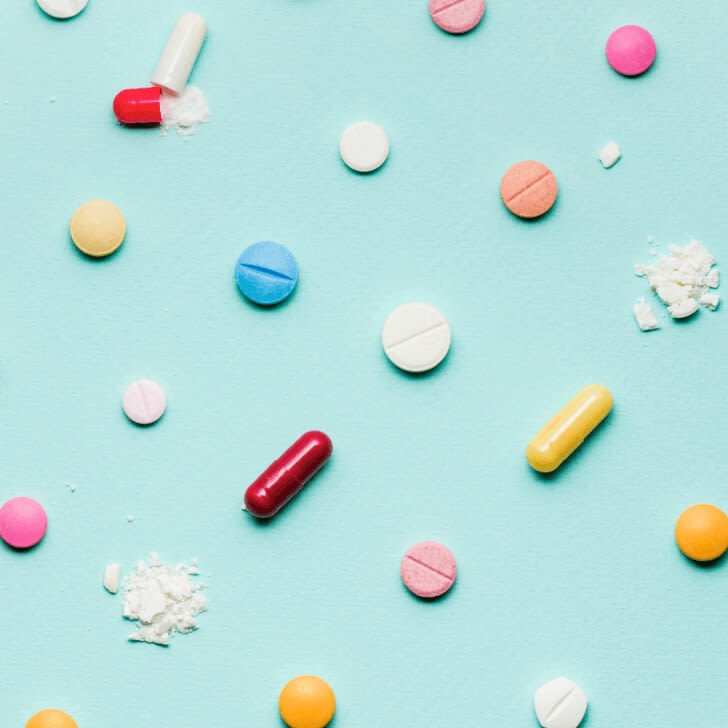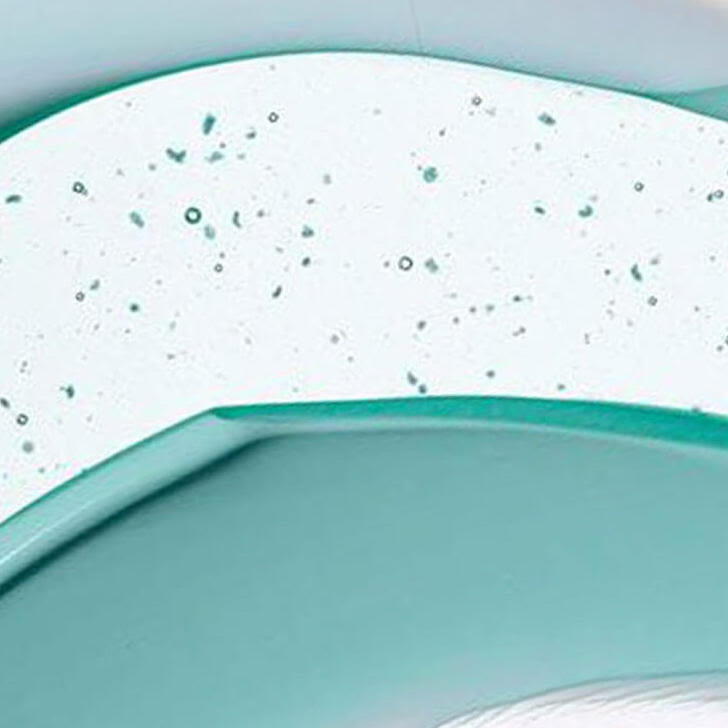When you have acne, your friends have advice. If it feels like you’ve tried every face wash, apricot scrub, or dairy-free diet your friends feel compelled to recommend and nothing seems to be able to stand up to your unrelenting army of zits, your doctor may offer some heavier artillery in the form of oral medications. Nestled somewhere between antibiotics and Accutane is a pill called spironolactone. Originally used to treat high blood pressure, more and more doctors have been prescribing spironolactone to treat hormonal acne with great success. But how and why does this drug work?
Hormones… they happen to the best of us
To understand why spironolactone is so effective, you first need to understand acne. This is easier said than done, considering that doctors themselves aren’t sure exactly why some people live zit-free lives while others don’t. does know that pimples happen when oil glands in the skin overproduce sebum and trap dirt and bacteria in the pores. Researchers believe that testosterone and other androgens can oil glands to overproduce leading to the clogged pores we all know and love.
But if testosterone is a trigger, why do people of all genders struggle with acne? Although we often think of testosterone as the “male” hormone, all bodies produce it to varying degrees. It’s also important to note that exist in feedback loops with one another and the ratios in which they exist in the body have impacts on the ways each hormone affects us. This is why bodies that are going through hormonal changes, like those of teenagers or are often most heavily impacted by acne.
How spironolactone helps
Now we can get to the good stuff. Spironolactone is an Simply put, it blocks the effects of androgens, like testosterone, on the body. Spironolactone’s molecular structure allows it compete with androgens for their receptors; basically, it can bind to the same receptors as some androgens. If spironolactone is occupying those receptors, the androgens can’t bind to them. Spironolactone is so good at outcompeting androgens that many transwomen use it in conjunction with to suppress the effects of testosterone on their bodies. Although these effects means it is rarely prescribed for acne in men, spironolactone in women can have the happy result of decreasing sebum production caused by androgens. Less sebum often means fewer zits!
The science works
Don’t let the well-meaning people in your life tell you about yet another thing “you should try” for your acne. If you’re feeling frustrated by your skin and thinking about getting a spironolactone prescription, talk to an Apostrophe derm about trying a new treatment plan and testing out an oral medication that's tailored to you and your skin. Doing your due diligence before starting any new medication, or learning more about medications you are already on, can empower you on your skincare journey. Hopefully we’ve been able to provide a little more information to help you along the way!




